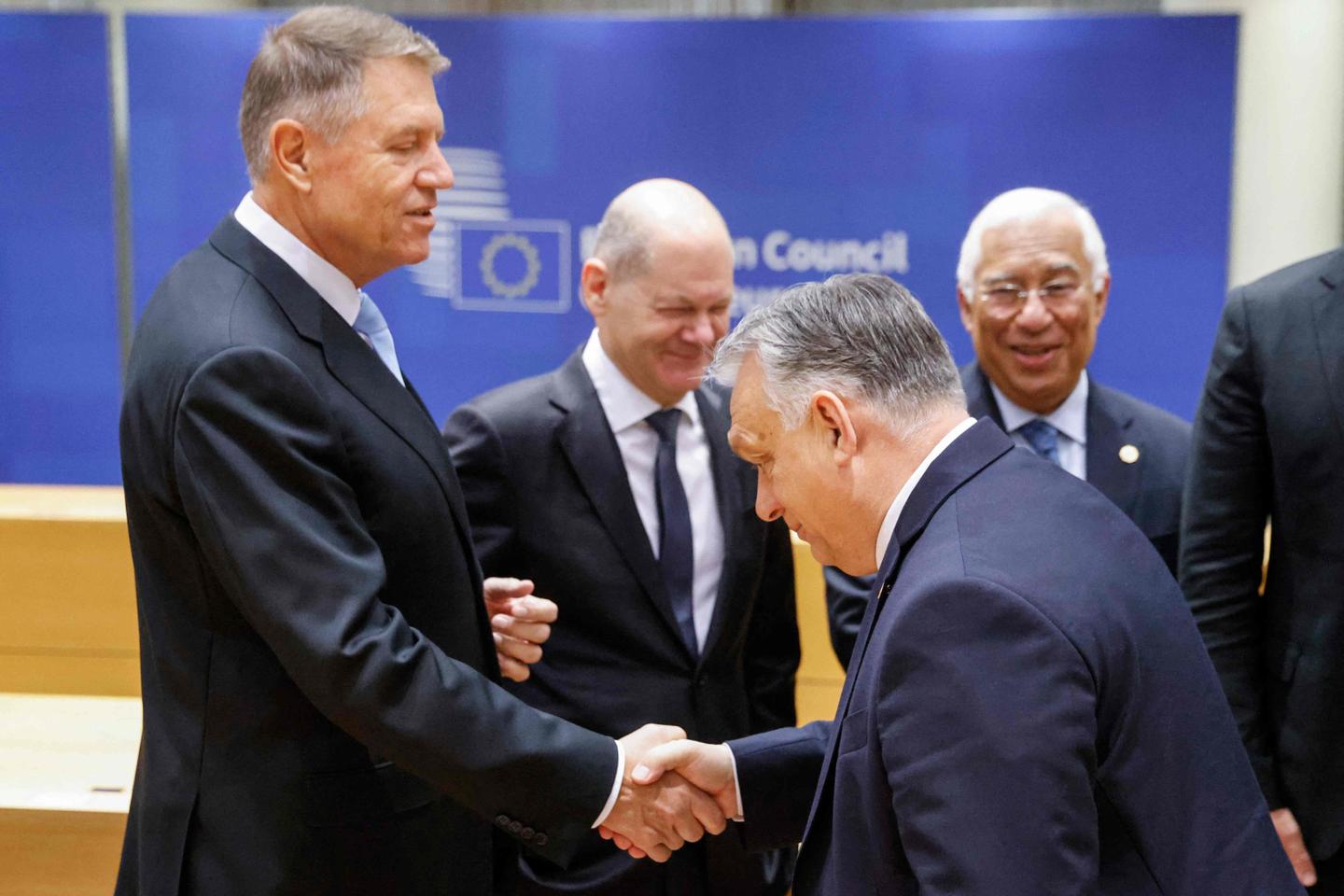


Two birds with one stone. The European Union took two decisive steps on Thursday, February 1, at an extraordinary summit of heads of state and government. The first was the unfreezing of a four-year, €50 billion aid package for Ukraine, which had been held up due to opposition from one of the 27 leaders, Hungarian Prime Minister Viktor Orban.
Kyiv's need for this aid is all the more pressing now that the $60 billion promised by the United States has stalled in Congress. A failure in Brussels – where the 27 member states had already backed down when faced with the Hungarian obstacle at the mid-December 2023 European Council – would have sent a catastrophic signal to Moscow about Ukraine's allies' resolve. By overcoming this obstacle and demonstrating its unity once again, the EU has shown Vladimir Putin that – regardless of the vicissitudes of American domestic politics, and despite the current difficulties on the military front – the European line of support for Ukraine stands firm. A 13th set of sanctions against Moscow will be adopted on February 24 – the second anniversary of Russia's full-scale invasion of Ukraine.
Thursday's European agreement is also a signal to Washington, at the start of an election year over which Donald Trump's shadow looms. The total amount of European aid to Ukraine now exceeds the amount of US aid. The adoption of this new installment deprives the former Republican president, currently favored in the polls, of his argument that Europe is lagging behind the United States, including when it comes to its own interests.
'We have Orban fatigue now'
The second step forward taken on Thursday concerns Orban. The pressure campaign skilfully orchestrated by his European counterparts over the last few weeks eventually forced the Hungarian nationalist leader to give in, without having to yield to his blackmail. He demanded an annual review of the financial aid to Ukraine, which would have weakened Kyiv by depriving it of budgetary predictability. All he got was a commitment to a budget review after two years, which allows him to save face at home but does not undermine the European plan.
A few years ago, Orban was threatening the foundations of European institutions with his populist allies in Central Europe. Today, he is isolated. It was Polish Prime Minister Donald Tusk – back in power in Warsaw after sending Orban's allies the Law and Justice party (PiS, right) back into opposition – who set the tone when he arrived at the EU council meeting on Thursday morning: "There's no problem with the so-called Ukraine fatigue, for sure," he said, "We have Orban fatigue now. It's for Viktor Orban to decide if he is a part of our community." Even Orban's latest populist disciple, Slovak Prime Minister Robert Fico, has fallen in line on Ukraine.
Tusk is right: The Hungarian prime minister needs the EU more than the EU needs him. The friendly pressure exerted by Italy's far-right prime minister, Giorgia Meloni, and by President Emmanuel Macron, who has established a personal relationship with Orban, paid off, as did the threats about the consequences his posturing might have on the Hungarian economy. The EU played its cards right. It now needs to maintain its strong stance, both in aiding Ukraine and in dealing with Budapest's demands.
